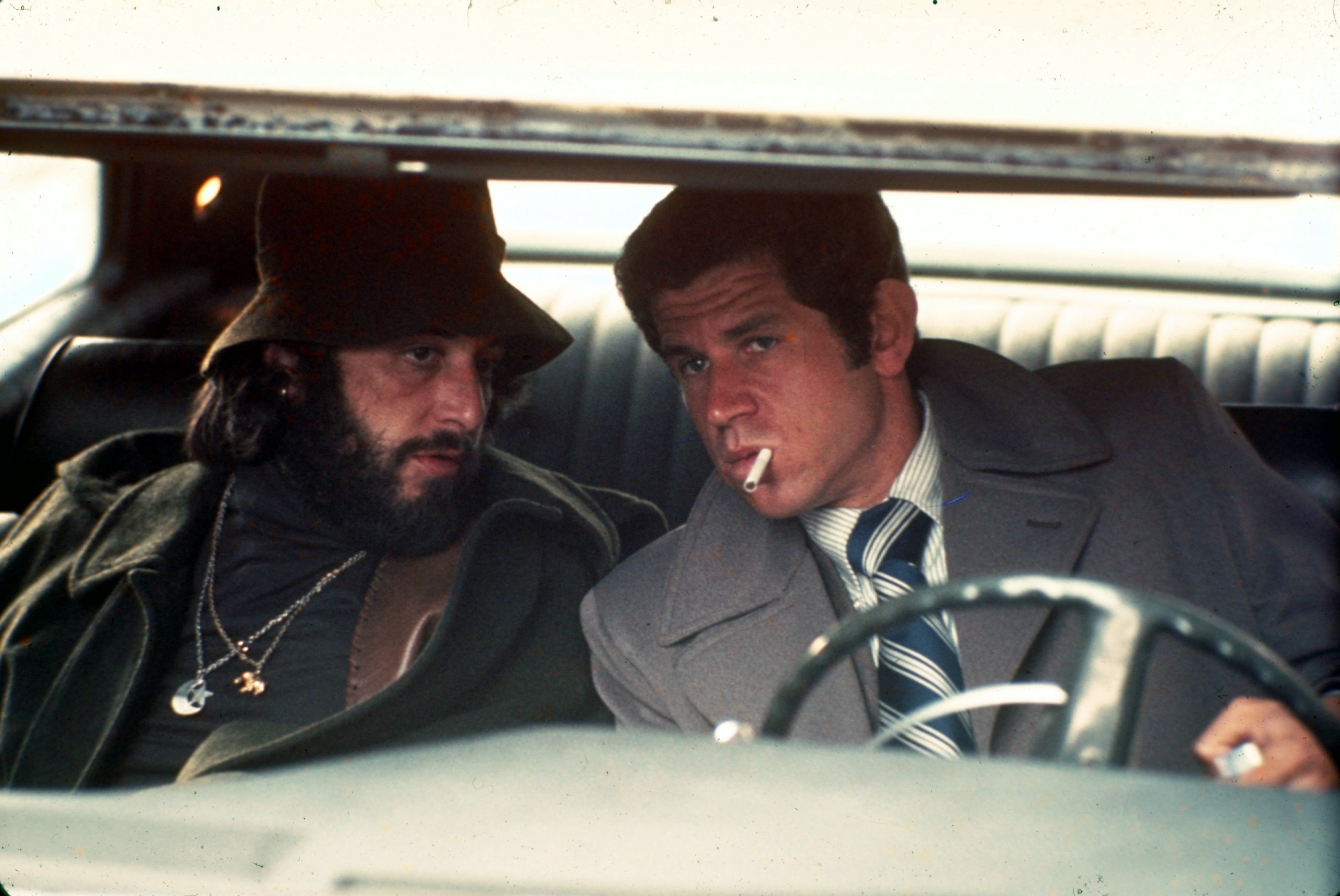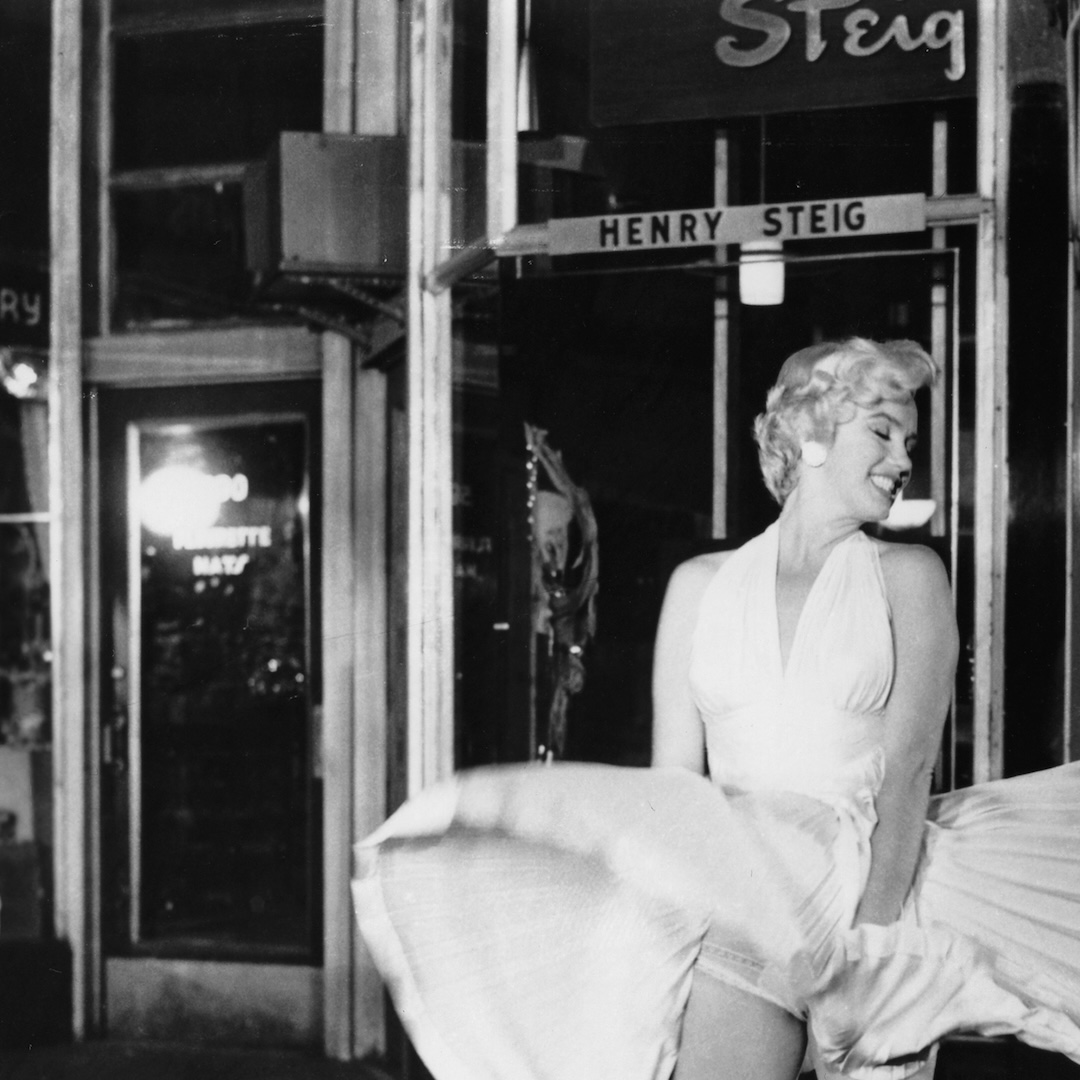How Serpico Was Perfectly Timed to Make a Big Impact
July 15, 2016 By Go BackWhen Sidney Lumet began shooting Serpico, he couldn’t have known how perfectly timed the film would turn out to be. Al Pacino was red hot, coming off of the success of 1972’s The Godfather, and the true story of whistleblowing cop Frank Serpico was front-page news. But just how much the movie’s release synched up with the cultural and political upheaval of the time is astounding.
If the 1960s were a time of peace and love among the counterculture, the 1970s were when the protests and demands of the 60s began to shake up and overturn the existing power structures. 1973 saw troops being pulled out of Vietnam, the first Gay Pride marches across Canada, and one event that would shape the rest of the decade in America: the Watergate scandal.
Serpico came out in the middle of the Watergate scandal and less than a month after Nixon’s famous “I am not a crook” speech in Florida. Nixon had long been the figurehead of the so-called “old guard” politicians in Washington who openly hated the counterculture. It’s easy to see why Serpico – a movie about a long-haired hippie cop who’s kind to animals, respects people of colour, and dabbles in free love, standing up to the corrupt NYPD could excite the public.
But Serpico also appealed to the “squares,” as Al Pacino represented the titular character as a moral, good cop who loved his mother and was consistently on the right side of the law. In the same way a President committing a crime was a new moral quandary for the American public to grapple with, Serpico, a hippie who was tough and handy with his gun, was a perfect hero to walk the line in a similar moral grey area.
The next year would see Nixon resign in the wake of the Watergate scandal, and the actions of Frank Serpico lead to massive changes in the New York Police – but the public perception of power and influence was permanently changed. Movies of the 1970s would increasingly see politicians and people in power cast as the villains, whereas the heroes were presented as complex underdogs struggling hard against them. Chinatown, One Flew Over the Cuckoo’s Nest, Taxi Driver and Saturday Night Fever all feature a narrative of oppressed, strange outsiders fighting – and often losing – in the face an overwhelmingly powerful enemy in a world they can’t control.













 Follow us on Instagram
Follow us on Instagram